2001 Ford Ranger Brake Rotors and Pads
Click here to search another vehicle
All Rotors:
OEM x
Coated x
Drilled, Slotted and Coated x
Front x
Rear x
All Pads:
Ceramic x
Semi-metallic x
Front x
Rear x
Found 17 record
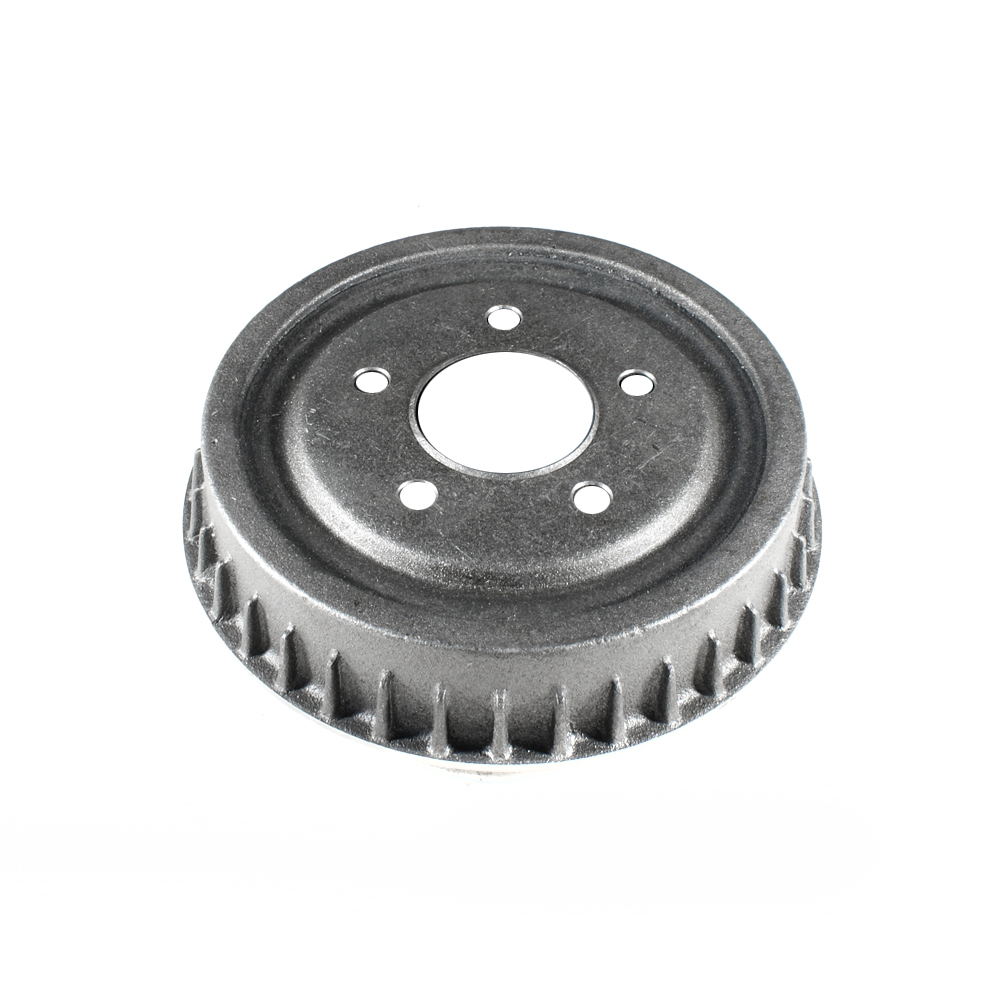
Part No: BD80036
Raybestos: 9651
OE: F87Z1126BA
Raybestos: 9651
OE: F87Z1126BA
$38.84 each
Per Car QTY: 2
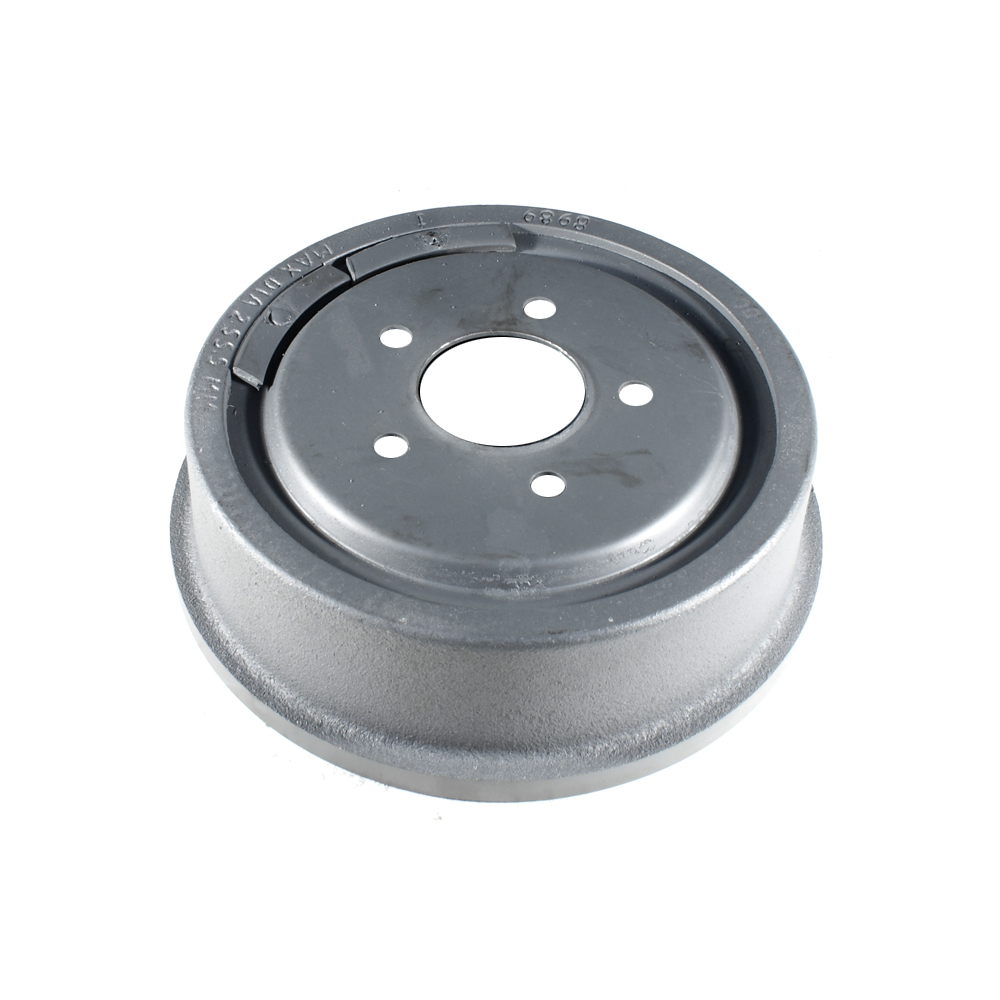
Part No: BD8989
Raybestos: 9498
OE: F07Z1126A
Raybestos: 9498
OE: F07Z1126A
$54.41 each
Per Car QTY: 2
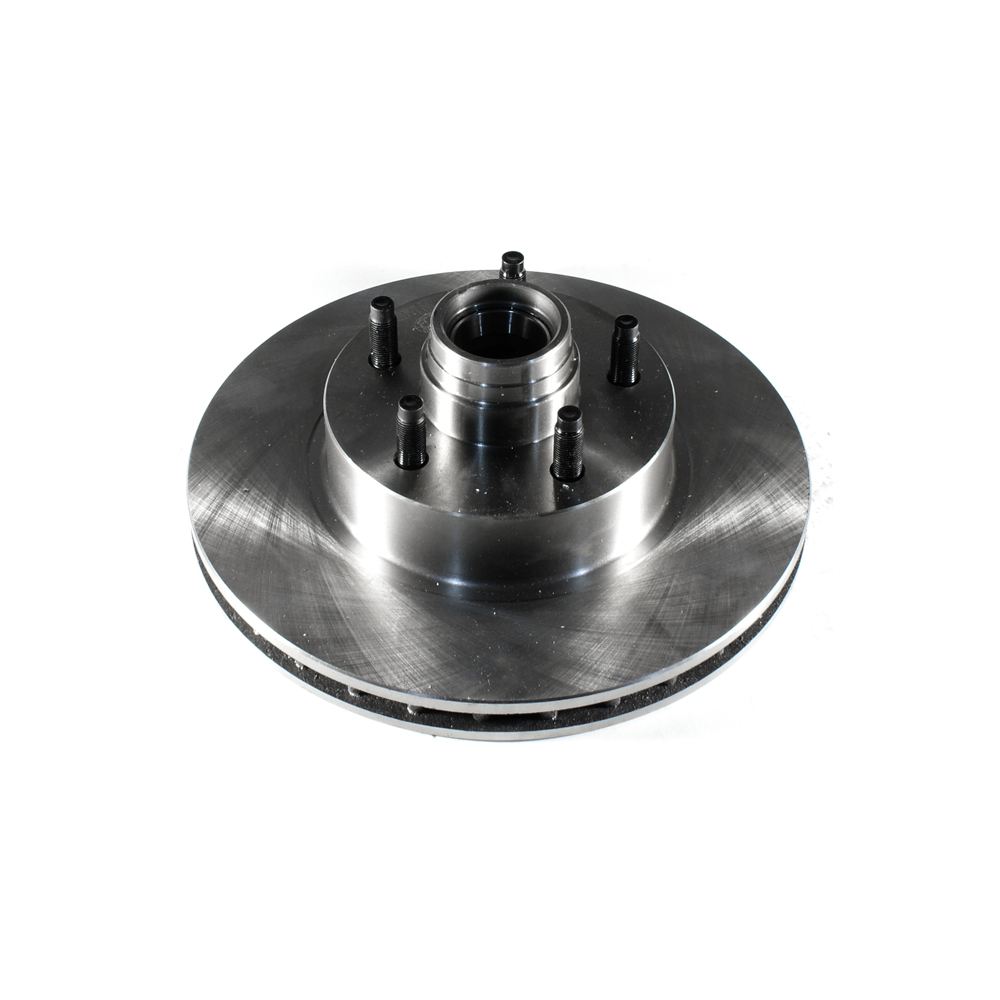
Part No: BR54029
Raybestos: 66597
OE: F5TZ1102H
Raybestos: 66597
OE: F5TZ1102H
$68.11 each
Per Car QTY: 2
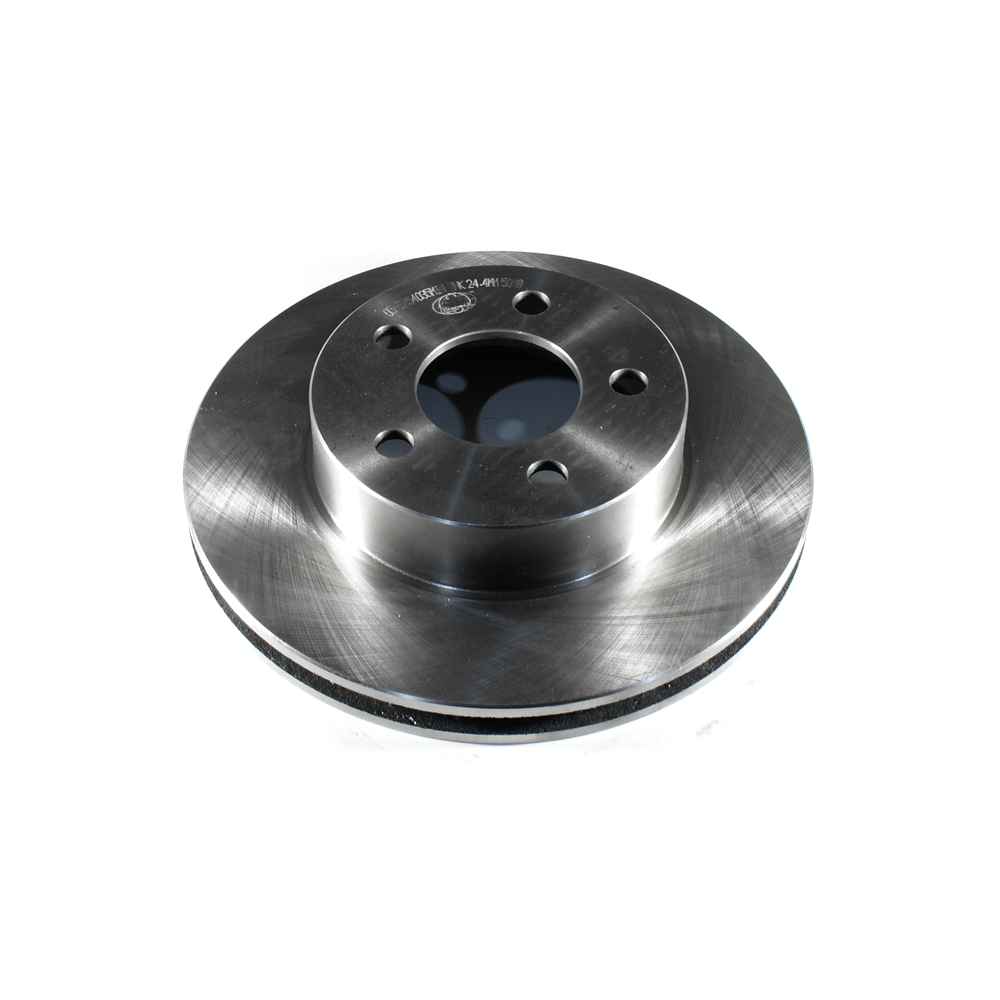
Part No: BR54035
Raybestos: 66576
OE: F5TZ1125A
Raybestos: 66576
OE: F5TZ1125A
$32.02 each
Per Car QTY: 2
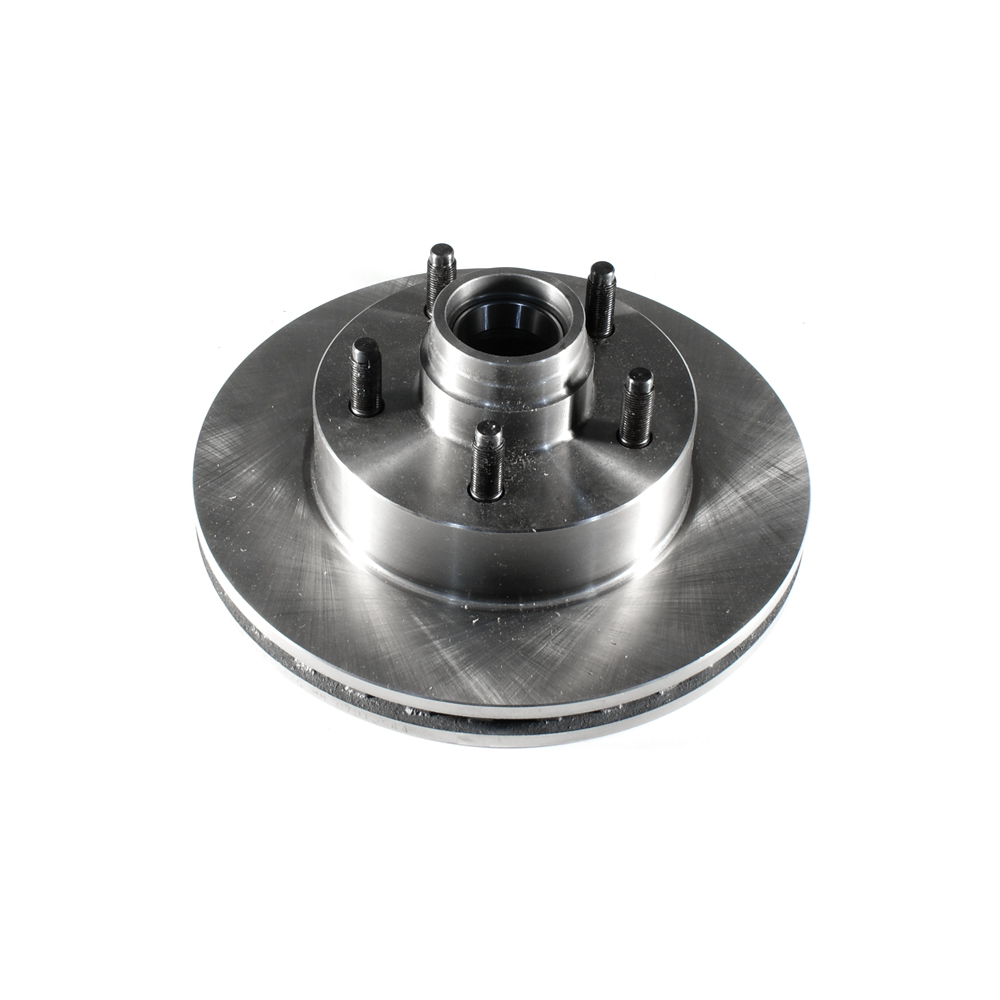
Part No: BR54059
Raybestos: 66673
OE: F87Z1102CB
Raybestos: 66673
OE: F87Z1102CB
$51.46 each
Per Car QTY: 2
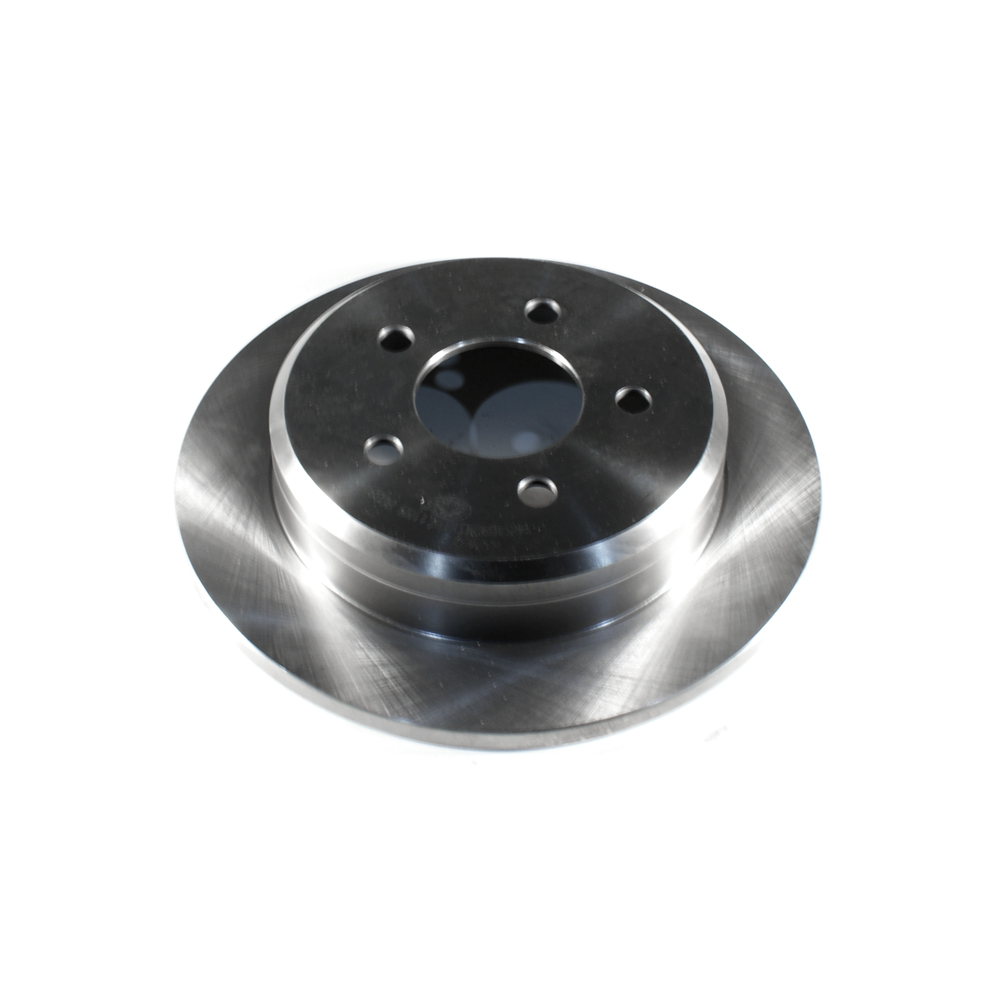
Part No: BR54032
Raybestos: 66565
OE: F5TZ2C026A
Raybestos: 66565
OE: F5TZ2C026A
$32.15 each
Per Car QTY: 2
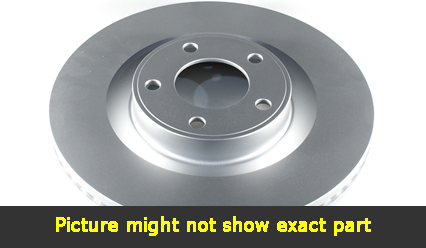
Part No: PP54029
Raybestos: 66597
OE: F5TZ1102H
Raybestos: 66597
OE: F5TZ1102H
$80.42 each
Per Car QTY: 2
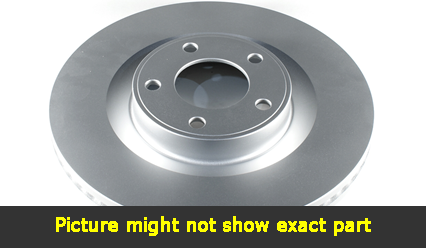
Part No: PP54035
Raybestos: 66576
OE: F5TZ1125A
Raybestos: 66576
OE: F5TZ1125A
$45.45 each
Per Car QTY: 2
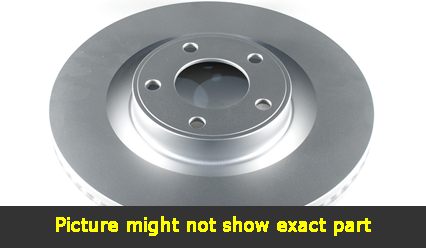
Part No: PP54032
Raybestos: 66565
OE: F5TZ2C026A
Raybestos: 66565
OE: F5TZ2C026A
$42.34 each
Per Car QTY: 2
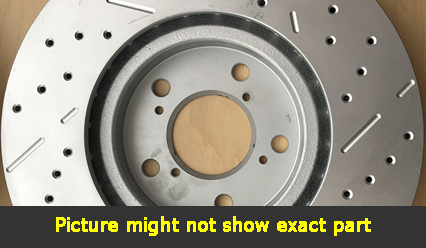
Part No: SP54029L
Raybestos: 66597
OE: F5TZ1102H
Raybestos: 66597
OE: F5TZ1102H
$116.87 each
Per Car QTY: 1
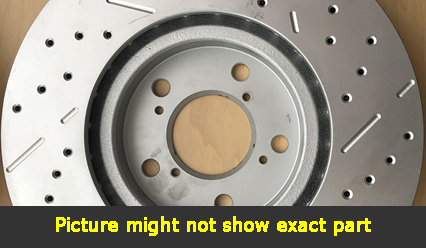
Part No: SP54029R
Raybestos: 66597
OE: F5TZ1102H
Raybestos: 66597
OE: F5TZ1102H
$116.87 each
Per Car QTY: 1
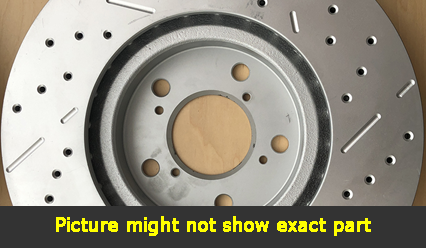
Part No: SP54035L
Raybestos: 66576
OE: F5TZ1125A
Raybestos: 66576
OE: F5TZ1125A
$77.85 each
Per Car QTY: 1
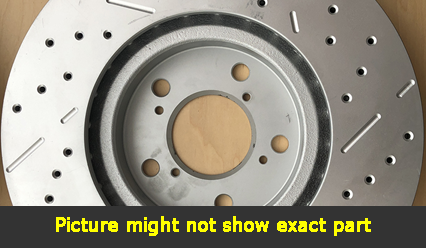
Part No: SP54035R
Raybestos: 66576
OE: F5TZ1125A
Raybestos: 66576
OE: F5TZ1125A
$77.85 each
Per Car QTY: 1
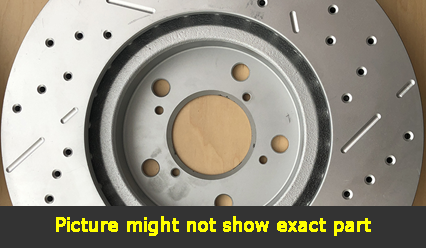
Part No: SP54032L
Raybestos: 66565
OE: F5TZ2C026A
Raybestos: 66565
OE: F5TZ2C026A
$74.74 each
Per Car QTY: 1
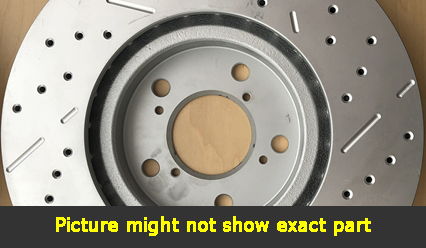
Part No: SP54032R
Raybestos: 66565
OE: F5TZ2C026A
Raybestos: 66565
OE: F5TZ2C026A
$74.74 each
Per Car QTY: 1
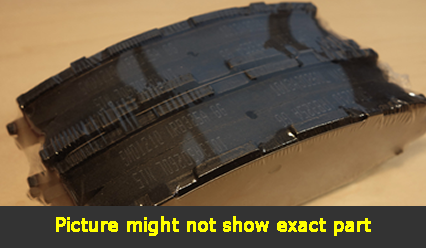
Part No: SMD652
Raybestos:
OE:
Raybestos:
OE:
$22.9 each
Per Car QTY: 1
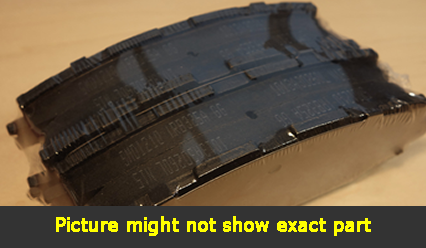
Part No: SMD667
Raybestos:
OE:
Raybestos:
OE:
$19.78 each
Per Car QTY: 1
Brakes serve as one of the most critical safety components in any vehicle, and the 2001 Ford Ranger is no exception. The braking system on this truck is designed to ensure optimum performance, durability, and reliability. Understanding how the brakes function and the importance of their maintenance can maximize their effectiveness and increase safety while driving.
The braking system on a 2001 Ford Ranger consists of several key components, including brake pads, calipers, rotors, and brake lines. When the driver presses the brake pedal, hydraulic pressure is generated, which applies the brake pads against the rotors, creating friction and slowing down or stopping the vehicle's motion.
The brake pads are the primary components that come into contact with the rotors, creating the necessary friction to stop the vehicle. Over time, these brake pads wear down due to constant use, eventually requiring replacement. It is crucial to check the brake pads regularly and replace them as soon as they show signs of significant wear to avoid compromising braking performance.
Another vital component are the brake calipers, which house the brake pads and support their movement. Calipers are responsible for squeezing the brake pads against the rotors when the driver applies pressure to the pedal. Over time, calipers may develop issues with corrosion or become seized, leading to uneven brake pad wear or decreased braking efficiency. Regular inspection and proper maintenance of the calipers are necessary to prevent any potential brake system malfunctions.
The rotors, usually made of steel, provide a smooth and flat contact surface for the brake pads. When the brake pads exert pressure on the rotors, they create friction, which slows the vehicle. Over time, rotors can become warped or develop grooves due to constant friction. If the rotors become too damaged, they may need to be resurfaced or replaced to maintain optimal braking performance.
Brake lines are another essential part of the braking system. They transport brake fluid from the master cylinder to the calipers, enabling the transmission of the hydraulic pressure necessary to engage the brakes. Regular inspection of the brake lines is necessary to identify any signs of leaking or damage, as a compromised brake line can significantly affect the braking performance and pose serious safety risks.
To ensure the braking system continues to operate effectively and safely, routine maintenance is critical. Regular brake inspections should be performed by a qualified professional to check for any signs of wear, damage, or potential issues. Brake pads should be replaced when their thickness reaches a minimum safe level, and rotors should be examined for any signs of wear or warping. The brake fluid should also be flushed and replaced as recommended by the vehicle manufacturer to maintain its optimal properties.
In conclusion, the brakes on the 2001 Ford Ranger play a crucial role in maintaining vehicle safety. Regular inspection, maintenance, and prompt replacement of worn-out components are vital to ensure the braking system's optimal performance. By taking care of the brakes, drivers can enhance their vehicle's safety, providing peace of mind on the road.
The braking system on a 2001 Ford Ranger consists of several key components, including brake pads, calipers, rotors, and brake lines. When the driver presses the brake pedal, hydraulic pressure is generated, which applies the brake pads against the rotors, creating friction and slowing down or stopping the vehicle's motion.
The brake pads are the primary components that come into contact with the rotors, creating the necessary friction to stop the vehicle. Over time, these brake pads wear down due to constant use, eventually requiring replacement. It is crucial to check the brake pads regularly and replace them as soon as they show signs of significant wear to avoid compromising braking performance.
Another vital component are the brake calipers, which house the brake pads and support their movement. Calipers are responsible for squeezing the brake pads against the rotors when the driver applies pressure to the pedal. Over time, calipers may develop issues with corrosion or become seized, leading to uneven brake pad wear or decreased braking efficiency. Regular inspection and proper maintenance of the calipers are necessary to prevent any potential brake system malfunctions.
The rotors, usually made of steel, provide a smooth and flat contact surface for the brake pads. When the brake pads exert pressure on the rotors, they create friction, which slows the vehicle. Over time, rotors can become warped or develop grooves due to constant friction. If the rotors become too damaged, they may need to be resurfaced or replaced to maintain optimal braking performance.
Brake lines are another essential part of the braking system. They transport brake fluid from the master cylinder to the calipers, enabling the transmission of the hydraulic pressure necessary to engage the brakes. Regular inspection of the brake lines is necessary to identify any signs of leaking or damage, as a compromised brake line can significantly affect the braking performance and pose serious safety risks.
To ensure the braking system continues to operate effectively and safely, routine maintenance is critical. Regular brake inspections should be performed by a qualified professional to check for any signs of wear, damage, or potential issues. Brake pads should be replaced when their thickness reaches a minimum safe level, and rotors should be examined for any signs of wear or warping. The brake fluid should also be flushed and replaced as recommended by the vehicle manufacturer to maintain its optimal properties.
In conclusion, the brakes on the 2001 Ford Ranger play a crucial role in maintaining vehicle safety. Regular inspection, maintenance, and prompt replacement of worn-out components are vital to ensure the braking system's optimal performance. By taking care of the brakes, drivers can enhance their vehicle's safety, providing peace of mind on the road.


